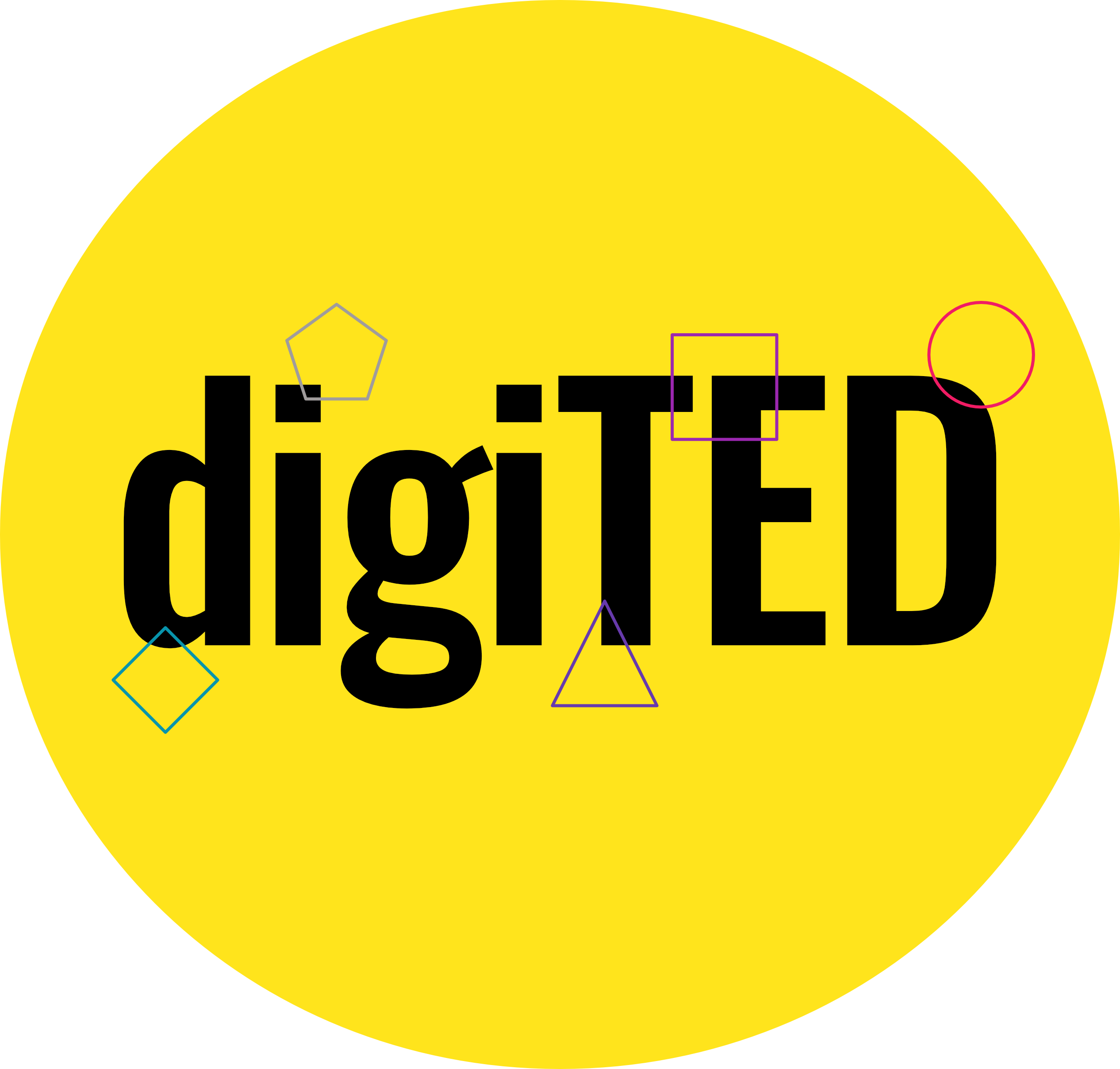
Promoting Digitalisation Among Teacher Educators in Europe
The digiTED@EU project (2021-1-DE01-KA220-HED-000031115) ran from February 2022 to February 2025 and brought together five European partners: the University of Education Ludwigsburg (Germany), the University of Borås (Sweden), the University of Barcelona (Spain), Tallinn University (Estonia) and the National University of Galway (Ireland). The project was an Erasmus+ Project under the Key Action line ‘Cooperation Partnerships’ and is funded by the European Union with a budget of € 391.216,00.
Addressing diverse needs of teacher educators
The project was initiated to address the urgent need for the digital professional development among teacher educators in Europe. These professionals have a unique role, distinct from that of schoolteachers, as they must prepare future teachers to integrate digital tools and technologies into their classrooms in order for them to support their students and prepare them for a rapidly changing world where digital competence is essential. This means that beyond mastering digital skills themselves, teacher educators also need to facilitate the digital competence of student teachers. They should be able to model, reflect on, and guide the development of digital competence in the next generation of teachers. This dual role underscores the necessity for comprehensive support and training tailored specifically to the needs of teacher educators. However, many teacher educators lack structured opportunities to develop their digital skills and competences, leading to disparities in digital proficiency.
While the digitalisation of teacher education is increasingly recognised as vital, there remains an absence of a comprehensive, overarching strategy at the European level. This gap often results in ad-hoc and unstructured initiatives that fail to provide systematic and sustainable support for teacher educators. Recognising the critical need to enhance digital competencies among teacher educators, the project partners implemented a range of activities designed to enhance digital competences among teacher educators, foster transnational collaboration, and promote innovative teaching strategies. These activities targeted primarily teacher educators, but also future, as well as in-service teachers, and project partners, ensuring a broad and sustainable impact on digital education across Europe.
‘[being] digitally competent and able to use digital technologies in a confident, critical and responsible way is essential for teachers acting as role models for the future generation’
– Euopean Parliament, 2020
- train and support teacher educators in digital teaching
- ecourage digital innovation
- develop strategic digitalisation plans at multiple levels and recognise European qualifications for the digitalisation of teacher educators
- connect teacher educators across borders and disciplines
- create spaces for good practice exchange and reflective dialogue
- foster a digitally creative mindset and professional autonomy
Comprehensive Overview of Developed Materials, Resources, Strategies, and Key Findings
Project Outcomes and Achievements

